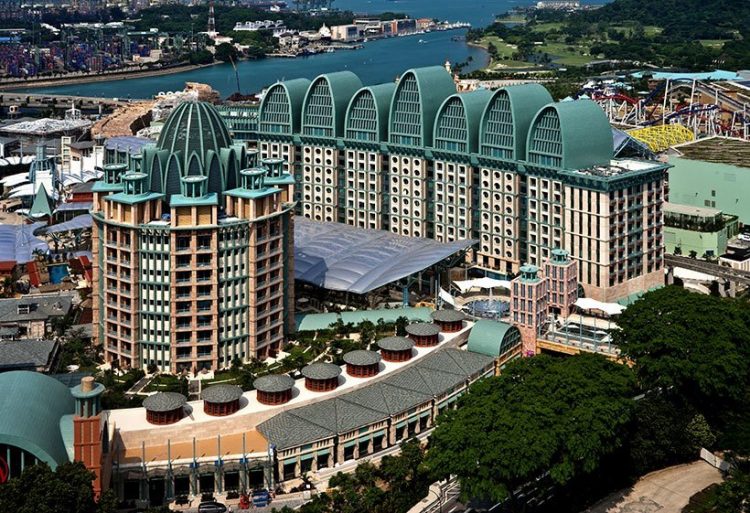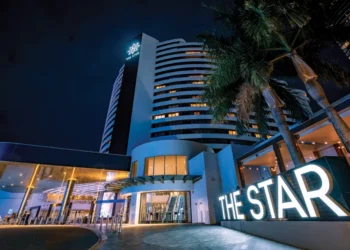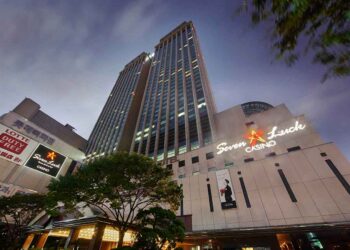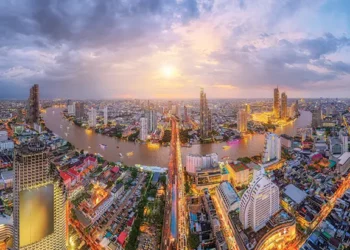Genting Singapore has reported a significant sequential decline in performance in the three months to 31 March 2020, pointing to a resurgence of COVID-19 cases in several of the company’s key source markets.
Despite continuing to focus on the development of creative events and promotions to attract domestic tourists, Genting Singapore saw its 1Q21 revenue plummet 32% year-on-year and 12% versus 4Q20 to SG$277.9 million, while Adjusted EBITDA fell 15% year-on-year and 39% sequentially to SG$128.1 million.
The gaming segment at its Singapore integrated resort, Resorts World Sentosa (RWS), performed well with revenue slightly up from SG$213.5 million in Q4 to SG$216.9 million. However, non-gaming fell 56% year-on-year and 29% sequentially to SG$60.7 million.
Having recorded a net profit after tax of SG$131.5 million in the December quarter, profit fell 74% to just SG$34.5 million and “would have been more pronounced if not for the various support measures initiated by the Singapore Government,” the company said.
“The tourism sector is still hobbled by the restricted travel between our traditional markets. Resumption of our business has been a careful and calibrated process with safeguarding of public and also our team members’ health and safety as the top priority.
“While the global rollout of vaccines has begun, international travel continues to suffer from significant disruption due to resurgence of virus cases in several of our key source markets. It is envisaged that international visitor arrivals to Singapore, especially for leisure purposes will be unlikely to return in the near term.”
Genting Singapore also revealed it continues to revise the design of its SG$4.5 billion expansion of RWS to include new health and safety protocols it hopes will provide reassurance to visitors as well as “sustainable urban features in keeping with the Singapore’s vision to become a top sustainable and innovative urban destination.”
The group said its goal is to help transform Sentosa Island into a carbon neutral destination by 2030.



































